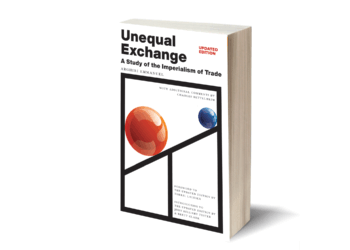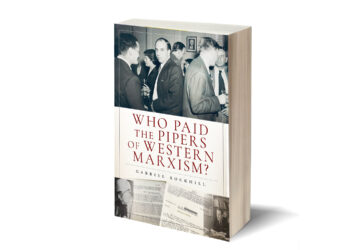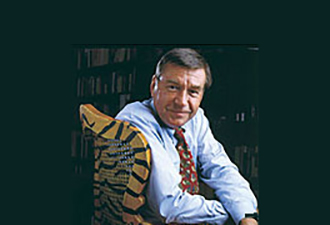January 15, 2026
Riham Barghouti: "I was raised on liberation songs and dabka and political debates that went long into the night. I walked the streets of NY in protest from 2nd Avenue in front of the Israeli embassy to Atlantic Avenue through the largest Arab community in NY at the time....for me it was not a question of if I would resist but merely how I would contribute to my people’s struggle...Participating in the book gave me hope…it is a manifestation of my vision of liberation. What this book epitomizes is that it does not matter if you are a queer Southern Palestinian woman, a Muslim Gazan man, a self-identified Palestinian Jew, a refugee living in Syria, Lebanon or Jordan, or an Israeli Jew raised in a kibbutz, you are my people. The dichotomy is not one of Israeli vs. Palestinian or Jew v. Muslim and Christian; It is one of colonizer vs. anti-colonizer, it is one of those that maintain and perpetuate oppression and those that oppose it. It is one of zionist vs. anti-zionist...."







